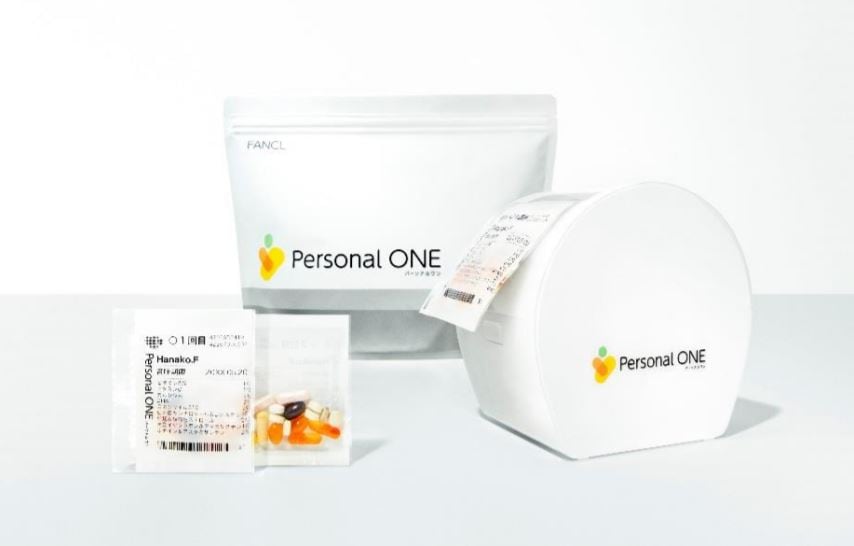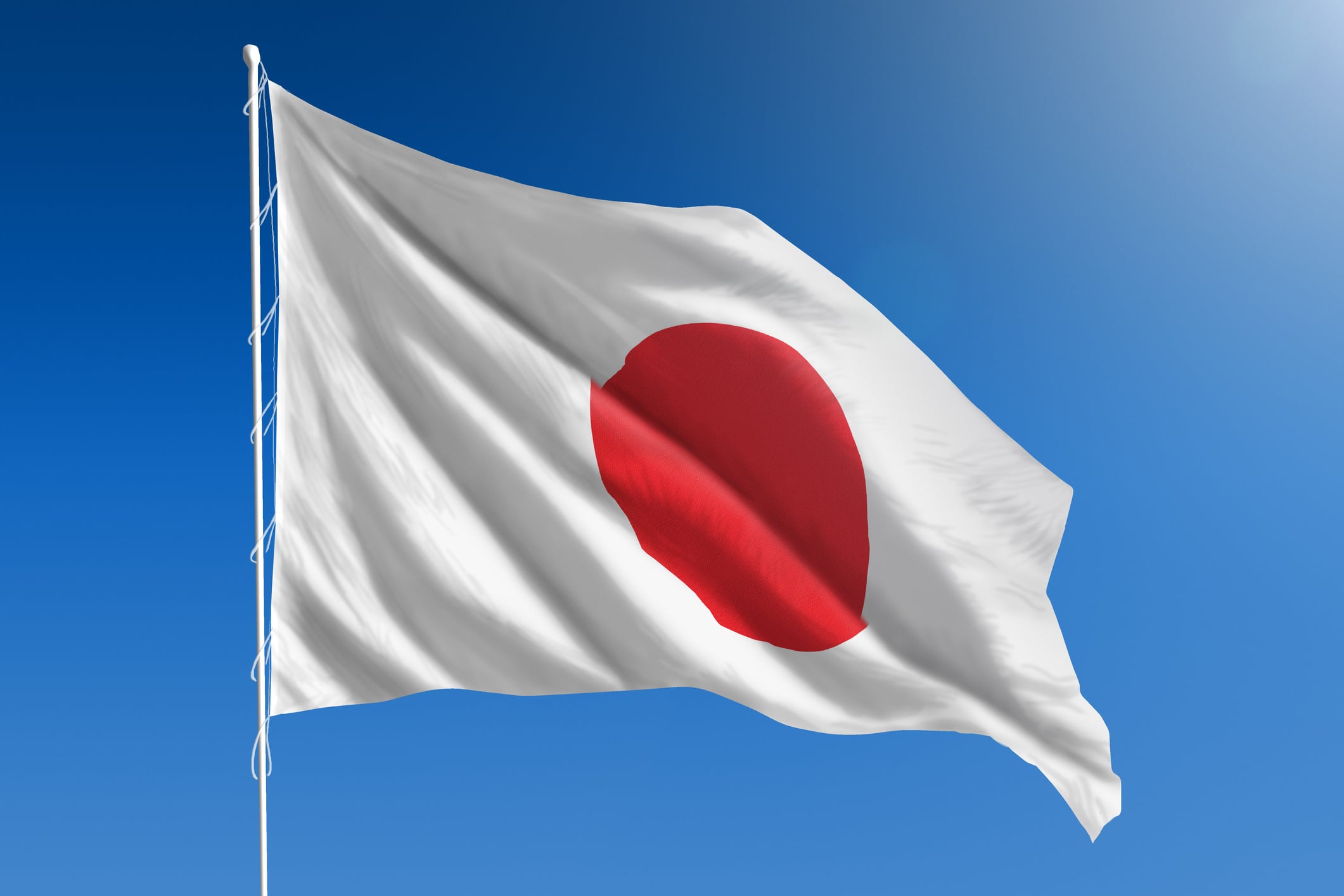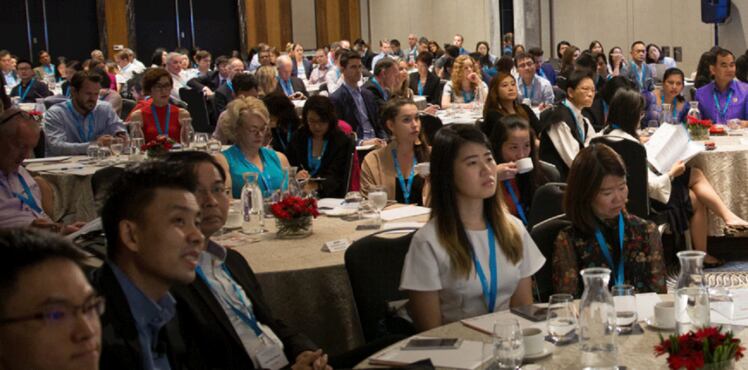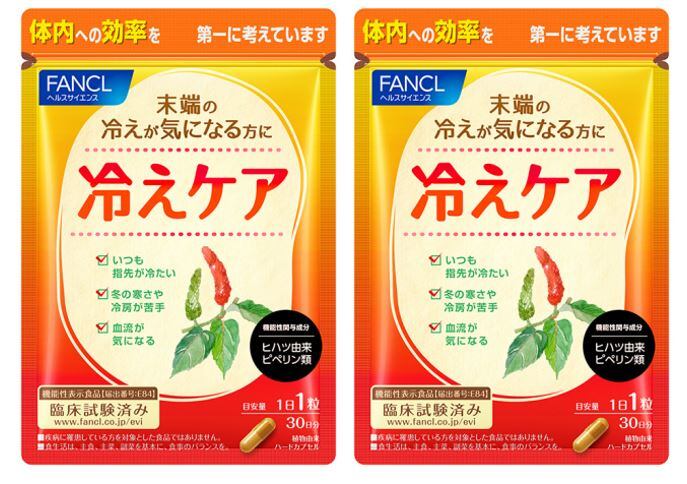FANCL believes is the first major supplement manufacturer to provide such a service, according to Toshihiro Tomita from the public relations group at FANCL Corporation.
He told NutraIngredients-Asia: “Personalisation optimising services according to personal interests such as beauty, health and fashion is advancing. Some venture companies have already implemented personalised supplements. However, we are the first service provider for a major supplement manufacturer.”
He observed the demand for supplements have been increasing rapidly as interest in healthy life expectancy increases, especially in ageing Japan.
However, despite more people taking supplements for health reasons, many of them were still unsure of what specific nutrients they really need. “Each person has different health needs, so different types and amounts of nutrients are needed,” Tomita said.
“Therefore, we have developed the personalised supplement (service) ‘Personal One’ that supports health promotion tailored to each individual.”
Health analysis
According to Tomita, the health analysis will be based on an online questionnaire of 45 questions covering eating and lifestyle habits, as well as a urine test.
“We conduct urinalysis (urine test) to objectively grasp the sufficiency of basic nutrients such as vitamins and minerals. Then, with the analysis logic developed under the supervision of a doctor, we analyse the necessary basic nutrients and health problems and propose the optimal supplement to the customer,” he explained.
The company chose a urine test instead of the blood test which is frequently used to measure nutritional status.
“Blood collection is painful. We have researched and developed a method to measure nutrient components easily without putting a burden on the body. As a result, it has become possible to visualise the sufficiency of basic nutrients in urine tests,” Tomita said.
Moreover, data iron and zinc analysis can now be collected via urinalysis.
Made to order
The company is targeting its Personal One service to men and women in their 50s and 60s who are highly conscious of their health.
The service delivers a combination of two types of supplements, basic supplements which include vitamins and minerals, and health care supplements which address specific health concerns such as eye problems, fatigue, sleep, and beauty.
The customisation comes with the personalised combination for each individual.
The supplements will be delivered once a month via mail. The price of Personal One service would range from JPY 4,000 to 40,000 (US$36-368) depending on the type of supplement. The one-time urine test costs JPY 5,500 (tax included, US$50).
For consumers who need advice, FANCL has set up a telephone counter where dietitians and pharmacists can offer advice on the frequency, and combination of supplements with other drugs.
The Personal One service is also linked to Asukan, a popular meal management application which gathers dietary records.




